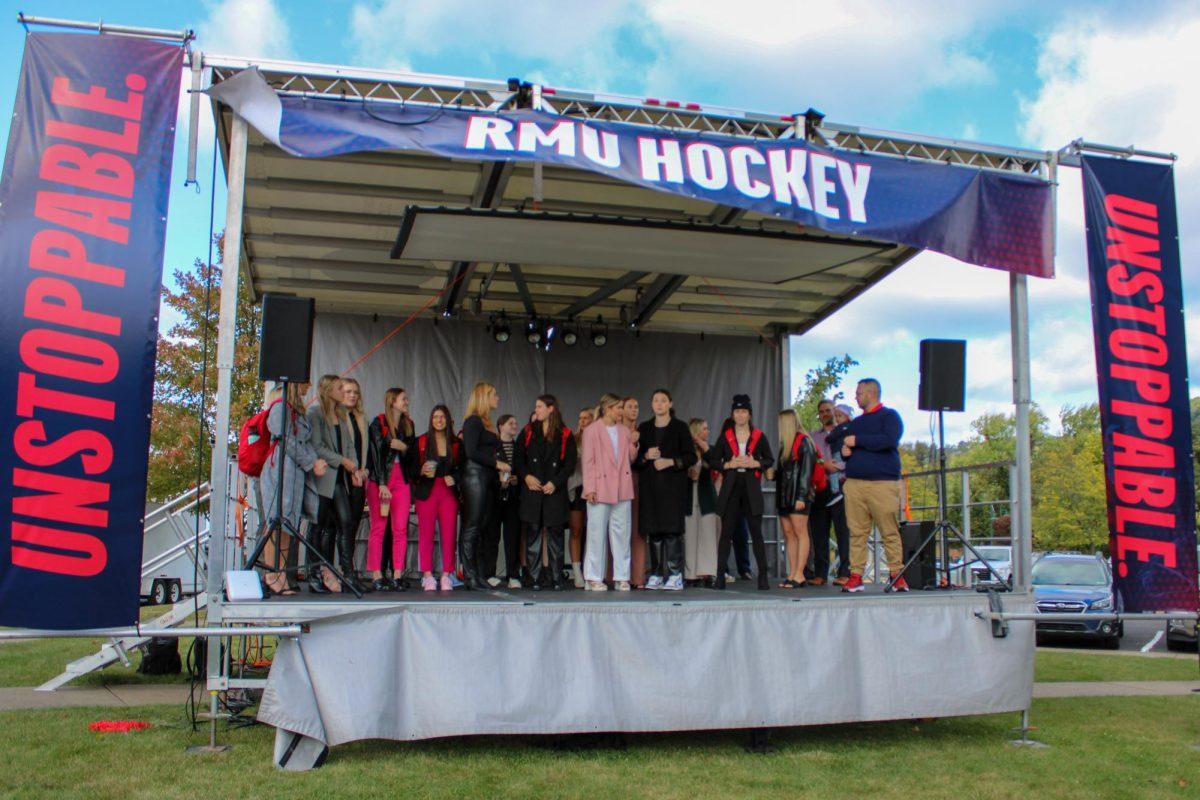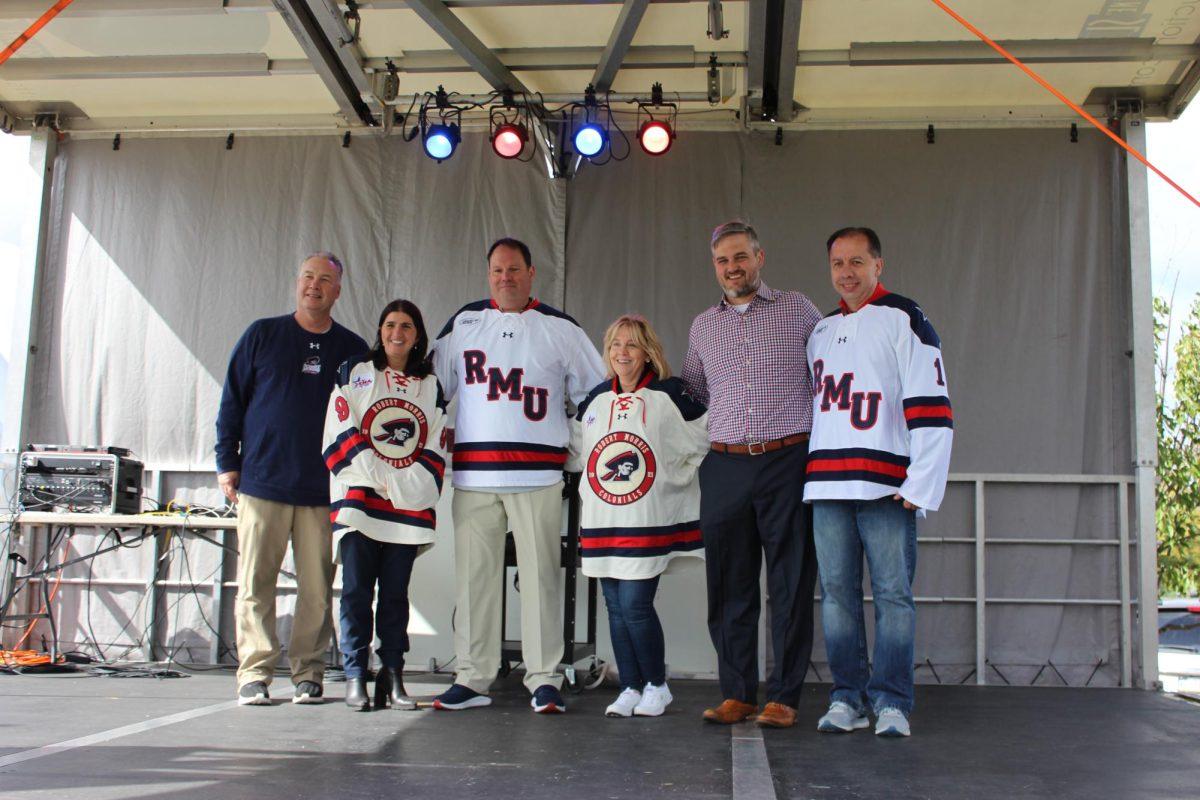People express themselves in many ways, sometimes through their choice of clothing, their peers, or their genre of music.
Meanwhile, some people also express themselves in a much more permanent way by getting tattooing themselves.
As an art form, tattoos have become engrained in popular culture and have seen an influx since the 1990s and early 2000s. According to a 2006 survey conducted by the Pew Research Center, 36 percent of people ages 18 to 25, and 40 percent of people ages 26 to 40 have at least one tattoo. In fact, the word,”tattoos,” has been among the most searched terms since 2002.
Whether it being profound or not, people always have a reason for getting tattoed. Rather than getting inked for status, certain people turn a part of their body into a canvas to convey a message or meaning that only they can explain.
19-year-old Carrie Hook got her tattoo to support her mother who had been diagnosed with ovarian cancer. The tattoo, the teal ovarian cancer ribbon, was a natural choice to show her support.
“I wanted to get the tattoo and it was something I was going to regardless of what other people thought,” Hook said.
Ironically, her mother opposed the idea, and saw no appeal behind the art. While her mother wanted to move forward, Hook saw the tattoo as her way of coping with her feelings.
“She didn’t like it at all,” Hook said. “I think she didn’t like the tattoo mainly because it was permanent and she thought that her illness wasn’t.”
Hook has always had a strong relationship with her mother. It became even stronger since she was diagnosed. Hook had a positive outlook, and knew she could always talk to her mother about her thoughts.
Despite her mother’s feelings about body art, Hook is looking to get another tattoo in the future to serve a similar purpose.
“I would definitely want the tattoos to correlate in some way,” Hook said. “I would get a tattoo of the music lyrics that have helped me deal with everything I went through. Our bond is now stronger than ever.”
Other people have gotten tattoos to remember their lost ones. Jeff Hayes lost his father when he was just 16-years-old to cancer. As soon as he turned 18, he got a tattoo that read, “In Loving Memory” with a cross and “DAD” written beneath it.
Hayes was left to take care of his mother and sister after his father’s death.
“He was more of an inspiration than anything else,” said Hayes. “I didn’t beat myself up over it because I knew I was now the man of the house and that’s what my dad would have wanted, for me to take control and carry on.”
While life has become more difficult for Hayes, particularly with providing for his family, he only has to look at his right bicep and realize that there’s still a life worth living.
“I showed the tattoo off to everyone I knew,” Hayes said. “I was proud. I still am proud, and that’s because I know my dad will always be with me.”
While showing support and memorializing are means of expression, some people like to tell a narrative with their tattoos that reflect their personalities and aspects of their life.
Musician, Danny Chavarrie has several tattoos placed on his upper body that are visually striking, and carry a great significance.
“Each tattoo has a different meaning to me,” said Chavarrie. “My Deftones one symbolizes my favorite band. My scorpion is my zodiac sign. My dragon symbolizes the strength I have and keeps my morale up. My evil jester means that I was once a fool, but now my purpose is to better myself. My Latin saying on my stomach, ‘odi et amo’ means that I have both loved and have hated many people and things in my life.”
Tattoos become immortalized on a person with how they view themselves and how others perceive them. They become physical traits in their own way. They become similar to a person’s hair, eye color or skin tone.
They are very much present and help mold or identify someone’s life. There’s no sign that this form of art will disappear any time soon. According to a U.S. News and World Report article, there are over 20,000 tattoo parlors operating in the United States with it becoming more prominent as years go on. Tattoos are not just inked on people, but inked on society.








